Promoting sustainable energy in Nepal
Situation in the districts
The climate change mitigation project targets marginalized, indigenous communities in the Udayapur, Makwanpur and Sindhuli districts of Nepal. Families in the project region generally have limited access to resources and technology and require firewood to cook meals and boil drinking water. As deforestation continues, resources are becoming even scarcer. Women in particular have to travel long distances to collect firewood and families have to invest their income in firewood. The climate protection project of our partner organization SAHAS in Nepal counteracts this.
About the carbon offset project
The goal of the project is to provide sustainable, clean technologies to meet energy needs in rural areas - while maintaining climate sustainability by reducing greenhouse gas emissions. This will involve providing households in the districts with 10,000 biogas systems, 20,000 improved cooking stoves, and 15,000 clean drinking water devices. The project will be implemented over a 5-year period. The SAHAS FOUNDATION, project partner of Bread for the World, will implement this project with the help of income from CO2 certificates.
As part of the project, the partner organization SAHAS will replace the traditional cookstoves with cookstoves with an improved efficiency of more than 20%. The use of improved cookstoves will reduce the consumption of firewood. The permanently installed biogas plants are operated with cow dung. Fermentation in the fermentation chamber produces biogas, which families use for cooking, water heating and lighting, for example.In addition, devices for clean drinking water are provided, such as bio-sand filters or ceramic filters. Families thus save additional wood because the water no longer needs to be boiled.
Involvement of the local population
The cook stoves, biogas plants and water filters are selected by the local project executing agencies in consultation with the communities and technology experts in the region.
A free repair service ensures the long-term functionality of the appliances. Local specialists are trained for this purpose. In total, SAHAS creates around 300 jobs in the region.
The climate protection project has many advantages, especially for women: Time is saved because less time is spent collecting wood. Women use this time to pursue other activities. These include income-generating activities or spending time with family. Also, less wood needs to be purchased, so families have more money to spend. The reduced smoke pollution leads to an improvement in the health situation, and by being involved in the local production chain, women obtain income-generating jobs. In this way, the project also contributes to gender equity in the districts.
Current situation
"The second COVID-19 wave seems to be subsiding, but the pandemic has reached the communities, so it is a difficult time for vulnerable families. We have regular virtual meetings with our collaborators to share opportunities and difficulties. Our collaborators have already distributed water filters and are looking for other end users such as schools, CBOs (community based organizations) and coordinating with the local government on their budget to include more vulnerable families in the project.
In the early stages of the monsoon, 74 districts experienced landslides and flooding, resulting in loss of life and property, which could worsen in the coming days. Another major problem in Nepal is political instability." SAHAS Staff
In the Gold Standard Registry, users can transparently view decommissioned certificates and get an overview of the climate and development impacts of the certified project https://registry.goldstandard.org/projects/details/1783
Project country
Nepal
Project type
energy efficiency renewable energy
Contribution to the SDG
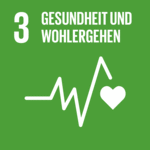
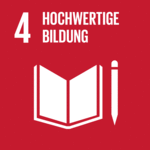
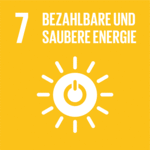
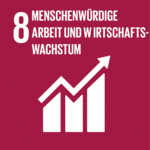
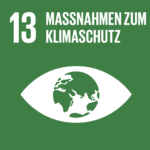
Our partnerorganisation
The non-profit and non-governmental organisation Group of Helping Hands (SAHAS) Nepal works in remote parts of Nepal with vulnerable and socially excluded families. The focus is on strengthening the community so that sustainable development can be achieved from within.
